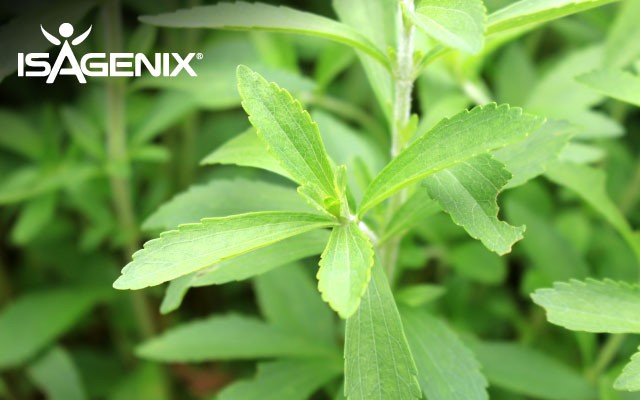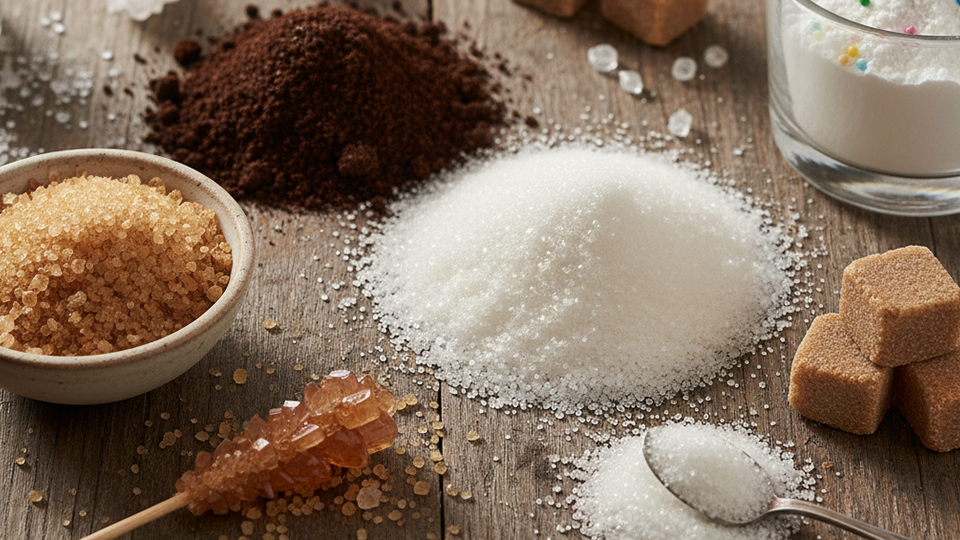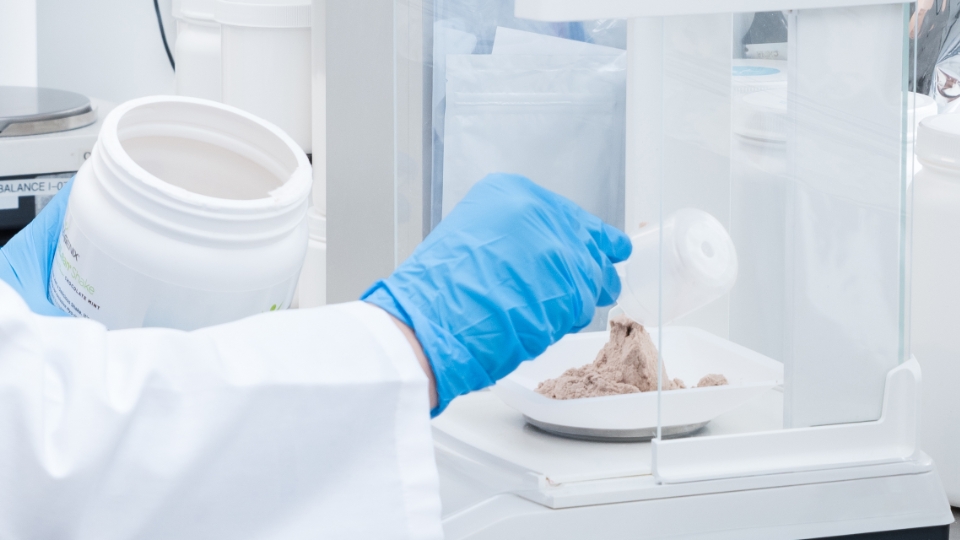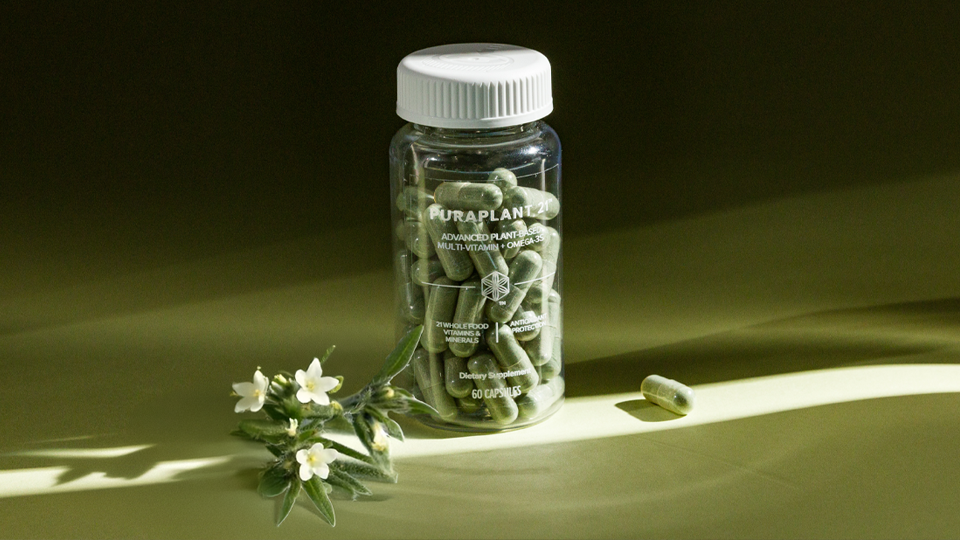Obtained from the Stevia rebaudiana plant and indigenous to Guarani people of Paraguay and Brazil, “Ka’a He’e,” or sweet herb, is becoming a worldwide natural sweetener for most of our everyday products.
Interestingly, the Guarani people did not only use the plant for its sweet flavor. In fact, it was used widely for its medicinal properties in healing wounds, helping digestion, and keeping the pancreas healthy.
Today, stevia is being cultivated worldwide, with farming occurring in Paraguay, Kenya, China, and the United States. With 5 billion consumers, stevia’s non-caloric and sweetening structure is used in 5000+ food and beverage products (1, 2).
The Sugary Taste of Stevia
Like many other plants, the leaf of the Stevia rebaudiana plant contains numerous compounds and molecules. But, the sugary taste comes from steviol glycosides, which embody glucose molecules and activate the receptors on our tongue that detect sweetness.
The leaves of stevia plants contain two abundant steviol glycosides, stevioside (9.1 percent) and rebaudioside A (3.8 percent). Rebaudioside A is extremely sweet, and is not as bitter as stevioside. (1).
The sweetness can only be obtained through an extraction and isolation method. Stevia is extracted by permeating the leaves in water, and isolating the compounds necessary to create the natural sweetener. Once the steviol glycosides have been separated, the extract is purified again with water, and then dried before being powdered (2).
Through extensive experimentation, researchers have found the perfect balance between rebaudioside A and steviosides to give us the perfect stevia sweetener.
Health Benefits
- Stevia has no carbohydrates, and due to the high intensity of sweetness, our bodies cannot process it the same way it would process sugar molecules, making it a zero-calorie sweetener. This makes it ideal in terms of weight management.
- Approximately 250-300 times sweeter than table sugar, using only a miniscule amount of stevia can be enough to satisfy a sweet tooth craving. To put it into perspective, one teaspoon of stevia powdered extract is equivalent to one cup of sugar.
- It is all natural and obtained directly from the plant, and has no added artificial sweeteners except those present in the form of steviol glycosides.
- Two studies performed on human volunteers showed that stevia can be useful in managing healthy blood glucose levels (1).
- Stevia may also support oral health, specifically by helping protect against accumulation of plaque and development of cavities (1).
Concern Over Naturalness and Purity
Recently, the authenticity of stevia extract when used as a sweetener has been questioned due to the possibility of modification of the natural components and their combination with other flavor enhancers. To investigate stevia’s naturalness and purity, a new study evaluated whether typical extraction and purification affected or modified the steviol glycosides when making high-purity sweeteners (3).
“Our results also show a similar distribution pattern from the three very different stages of the process, clearly demonstrating that the nine steviol glycosides examined are not modified by the extraction or purification process,” said lead researcher Ursula Wölwer-Rieck, Ph.D., a food chemist in the Department of Nutritional and Food Sciences at the University of Bonn, Germany, as published in a press release on PR Newswire highlighting findings from the University of Bonn.
The study was the first to demonstrate definitively that during the purification process, the natural steviol glycosides are not chemically modified in any way (3). The powdered form of steviol glycosides, which tend to be 95 percent or more in an extract, are identical to the steviol glycosides found in the original stevia dried leaves (3).
“These findings are significant because the natural authenticity of stevia sweetener has been questioned due to the purification process it undergoes. The fact that there is no change of the nine steviol glycosides in the provided samples from the original plant to the extracted sweetener provides support for the natural authenticity of stevia sweeteners,” said Dr. Wölwer-Rieck.
Stevia in Isagenix Products
Stevia is ideal for use in Isagenix products because it allows for improvement of nutritional or flavor profile without needing to resort to the use of excess added sugars or artificial sweeteners. At the levels used in these products, when consumed alone or in combination, there is strong evidence of safety.
References
- Goyal SK, Samsher, Goyal RK. Stevia (Stevia rebaudiana) a bio-sweetener: a review. International Journal of Food Sciences and Nutrition 2009;61(1), 1-10. doi:10.3109/09637480903193049
- PR Newswire. New published study provides evidence for naturality of high-purity stevia leaf extract sweeteners. 2017. Available at: https://www.prnewswire.com/news-releases/new-published-study-provides-evidence-for-naturality-of-high-purity-stevia-leaf-extract-sweeteners-300486551.html
- Oehme A, Wüst M, and Wölwer-Rieck U. (2017). Steviol glycosides are not altered during commercial extraction and purification processes. International Journal of Food Science & Technology. doi:10.1111/ijfs.13494





